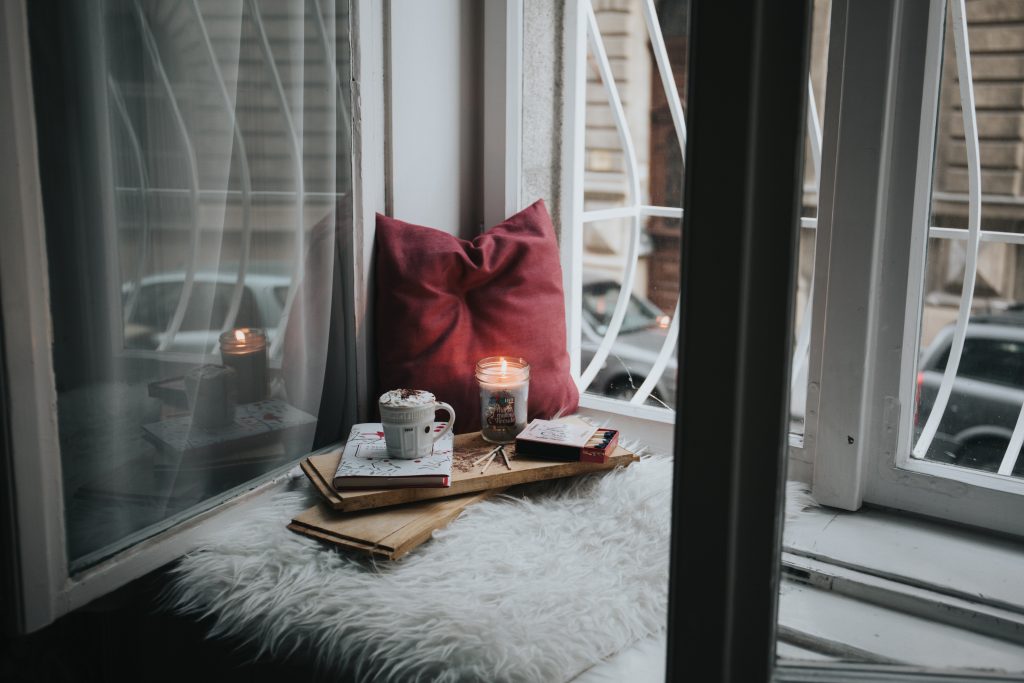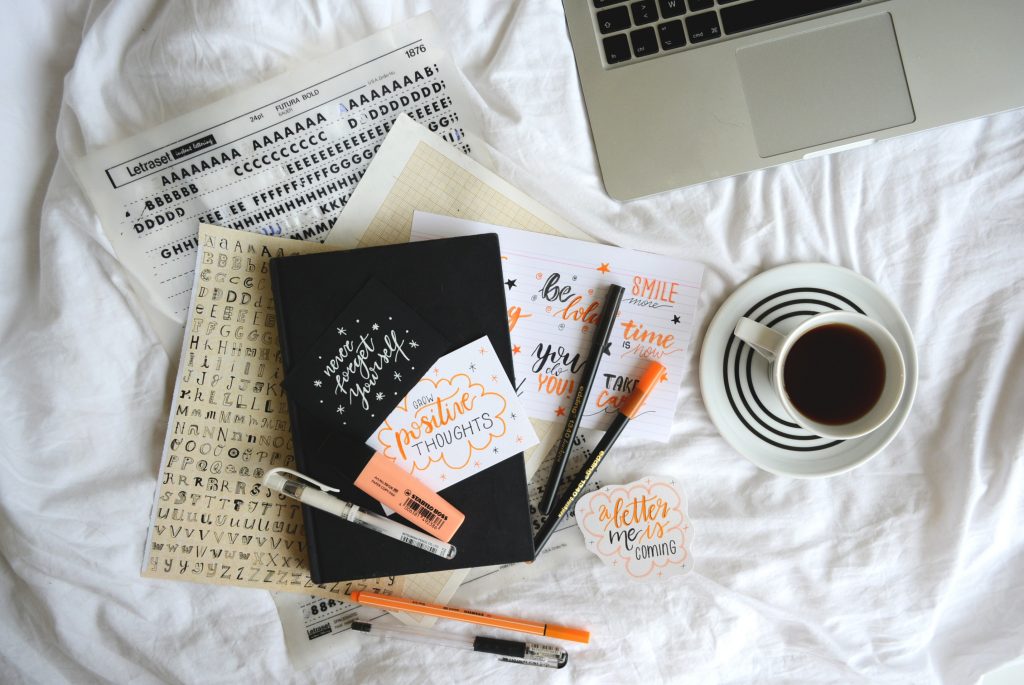
I’m a planner. I’m always thinking ahead, working out what needs to be done, how things will fit in, what steps are needed.
I was going to write that I love planning, but I’m not 100% sure that’s correct. Sometimes I find it quite stressful: planning trips, meals for other people, weekend plans – when it involves other people it’s not always so easy.
But MY plans, just for me, I love. Planning something I want to do, enjoy or achieve. I love writing a big old list of all the things I need to do, then ticking them off, one by one.
Coaching
Being a planner comes into my coaching – I love encouraging other people to make a plan too.
I’m aware that when we try to hold too much stuff in our heads we rarely get anything done, we just end up thinking and procrastinating and finding excuses.
But getting things down on paper, ordered, with timings – that’s when things fall into place. Because now you’ve got a plan.
When coaching clients work with me we create a solid plan for their career change. We go through an initial brainstorm and uncover what the client really wants (quite often hidden behind fears). Then it all comes down to planning, and then taking action.
Simple.
By the end of their time working with me my clients have clearly mapped out what they need to do. They’ll have already started taking steps towards change too.
New job, new home, new life
Take my client Sarah, who was based in London. She planned to:
- Contact her current work and ask to cut down her hours and work remotely.
- Apply for jobs teaching English part-time in Paris.
- Find somewhere to live in Paris.
- Sort out the admin involved in moving to France.
This might all sound massive and overwhelming. But Sarah was 100% sure this was what she wanted, and that it was feasible.
She was desperate to live in Paris, it was a massive life goal. In her heart she wanted to work with young people and education. If she could work remotely in her current job, she could take it to Paris and carry on enjoying the stable income, whilst exploring other avenues.
Super focused
We broke down each big step into even smaller steps. It would take some work and effort – but it was doable.
Suddenly, rather than dreaming and procrastinating and hating her current situation, Sarah was clear on what she had to do. She became highly focused and proactive. It was easier to bat away the feelings of resistance, because her goal felt real and achievable.
Things started to ‘fall into place’, because she was making it happen. She had her plan, and she was acting on it.
She’s now doing exactly what she’d dreamed of, in Paris. She made it all happen.
If you need helping making a plan, and you’d like to try coaching with me, send me a message for more details. Connect with me on LinkedIn to find out more, or email me at joaopoku@gmail.com.
Written during Writers’ Hour. Join me on the next one.
Photo by Jen Theodore on Unsplash




